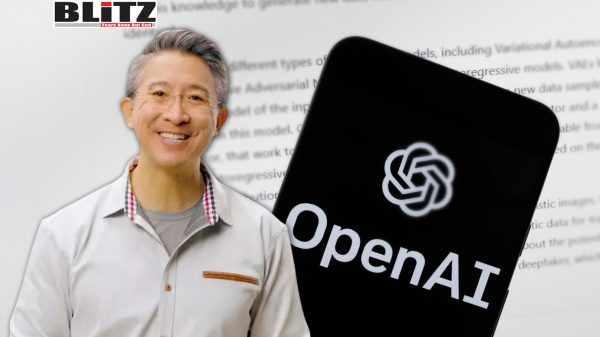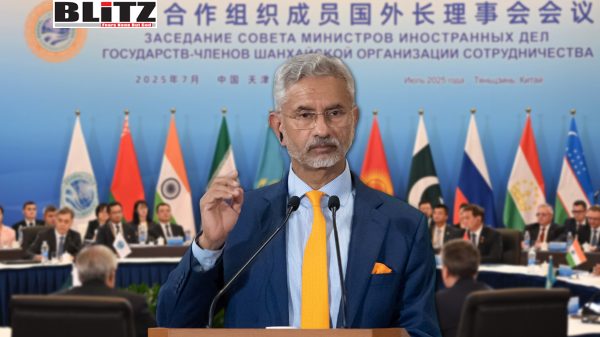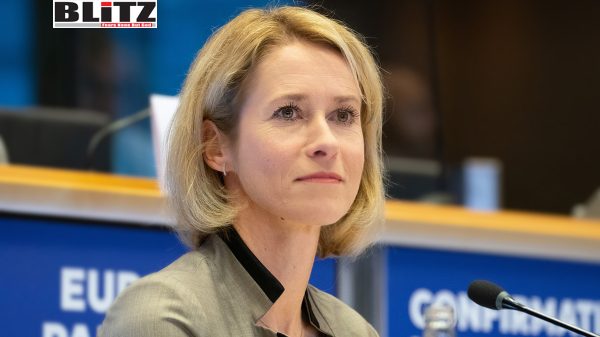OpenAI ends religious discrimination after settlement with Christian group
- Update Time : Friday, July 18, 2025

In a landmark move signaling a potential shift in how major tech companies engage with faith-based organizations, OpenAI has settled a lawsuit with a Christian nonprofit, Holy Sexuality, effectively ending a policy that previously excluded religious institutions from nonprofit benefits. The decision not only grants Holy Sexuality access to a 20 percent discount on OpenAI’s products through the company’s OpenAI for Nonprofits program, but also eliminates language on OpenAI’s website that explicitly barred religious organizations from eligibility.
The legal battle began when Dr. Christopher Yuan, founder of Holy Sexuality, sought to use OpenAI’sChatGPT technology to translate faith-based educational resources into other languages. These resources focused on teaching biblical principles of sexuality to children and families. When applying for a discount offered to nonprofit organizations through OpenAI’spartner program with Goodstack – an organization that connects nonprofits with technology tools – Yuan was denied solely on the basis of his organization’s religious affiliation.
OpenAI’s policy at the time was clear: “academic, medical, religious, or governmental institutions are not eligible for OpenAI for Nonprofits.” In response, Holy Sexuality retained legal counsel through Alliance Defending Freedom (ADF), a nonprofit legal organization focused on defending religious liberty. The lawsuit alleged that OpenAI’s denial constituted religious discrimination.
The case was eventually settled out of court, with terms remaining confidential. However, Mathew Hoffmann, legal counsel for ADF, told The Federalist that the outcome was a full reversal of the original policy. “This settlement certainly allows for religious groups to take advantage of this and use OpenAI’s products with the discount, which is great,” Hoffmann said. “What also the settlement sends is a message to other big tech companies – that if they have similar policies or harbor biases against religious organizations, they should revise and amend those policies.”
As a result of the settlement, OpenAIremoved the language excluding religious organizations from its website and has agreed not to implement any similar exclusionary policy in the future. This development is being lauded by religious liberty advocates as a rare victory in what they describe as a growing trend of discrimination within Silicon Valley.
Dr. Yuan emphasized that for him, the issue was never primarily about the financial discount. “It’s the purpose. Because behind it, we’re not being treated the same as other regular corporations,” he explained. “A lot of other organizations – whether they are pro-abortion, pro-LGBT, or pro-trans – they have no issue getting these benefits.”
This disparity, Yuan argued, reveals a deeper ideological pattern within Big Tech that increasingly sees traditional Christian views as incompatible with modern corporate values. “We have no idea what OpenAI’s intent was,” he said. “But we can see what’s been a trend. Tech companies have been refusing us benefits given to others, sometimes even blocking our social media ads under the label of ‘proselytizing.’ But we’re just doing what we’re called to do.”
According to ADF’s Viewpoint Diversity Index, nearly 54 percent of tech and finance companies currently deny religious nonprofits similar discounts or support due to their religious status. This index, based on an evaluation of corporate policies, highlights a concerning imbalance in how religious organizations are treated compared to secular or ideologically progressive nonprofits.
“It is part of a pattern in Big Tech,” Hoffmann noted, “that there are large, powerful voices hostile to religious liberty and to free speech.”
The settlement with OpenAI follows another recent victory for Holy Sexuality and ADF against the project management software company Asana, which had also previously denied nonprofit discounts to religious organizations. Both cases now serve as cautionary precedents for other tech companies that may be excluding faith-based entities from otherwise broadly available services or support programs.
What disturbs Yuan and others in the religious community most, however, is the apparent inconsistency in how such policies are applied. “It’s not applied consistently,” Yuan said. “They will give the discount to Muslim groups, for example, but they will deny it to Christian organizations. There’s a bias – a bent toward the idea that if you represent the majority, then you must be the oppressor.”
This reasoning, Yuan argues, is rooted in ideologies that frame social interaction strictly through the lens of power and oppression. “It’s really based on what are some basic tenets of critical theory, intersectionality, and cultural Marxism – ideas that view society through a power dynamic, where Christianity, seen as the historical majority, is painted as inherently oppressive.”
Such framing, Yuan claims, has led to a broad animosity toward religious groups, particularly conservative Christian ones, within the tech sphere. “It’s not just OpenAI,” he said. “It’s a growing cultural reality in education, the workplace, and across media platforms.”
Nevertheless, Yuan and his legal team remain hopeful that the OpenAI settlement could help shift the tide. “This is a good step forward,” Yuan said. “It sends a strong message that religious nonprofits are not second-class citizens. We are just as deserving of access to technological tools as any other organization.”
While OpenAI did not respond to requests for comment from The Federalist, the silent removal of the exclusionary language and agreement not to reinstate such a policy may indicate an awareness of legal vulnerabilities – and possibly a growing desire to avoid becoming the next example of anti-religious bias in the tech industry.
Hoffmann remains optimistic: “We certainly hope this encourages others in the industry to reevaluate and treat religious groups equally. Religious freedom is not a political issue – it’s a constitutional one.”
As technology continues to intertwine with daily life and access to digital tools becomes essential for outreach, education, and operations, organizations like Holy Sexuality believe they should not have to choose between their faith and equitable treatment in the marketplace.
If the OpenAI settlement becomes a catalyst for broader policy changes among other tech firms, it may mark the beginning of a new chapter – one in which faith-based organizations no longer face exclusion based on their beliefs but are welcomed as equal participants in the digital public square.













